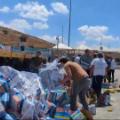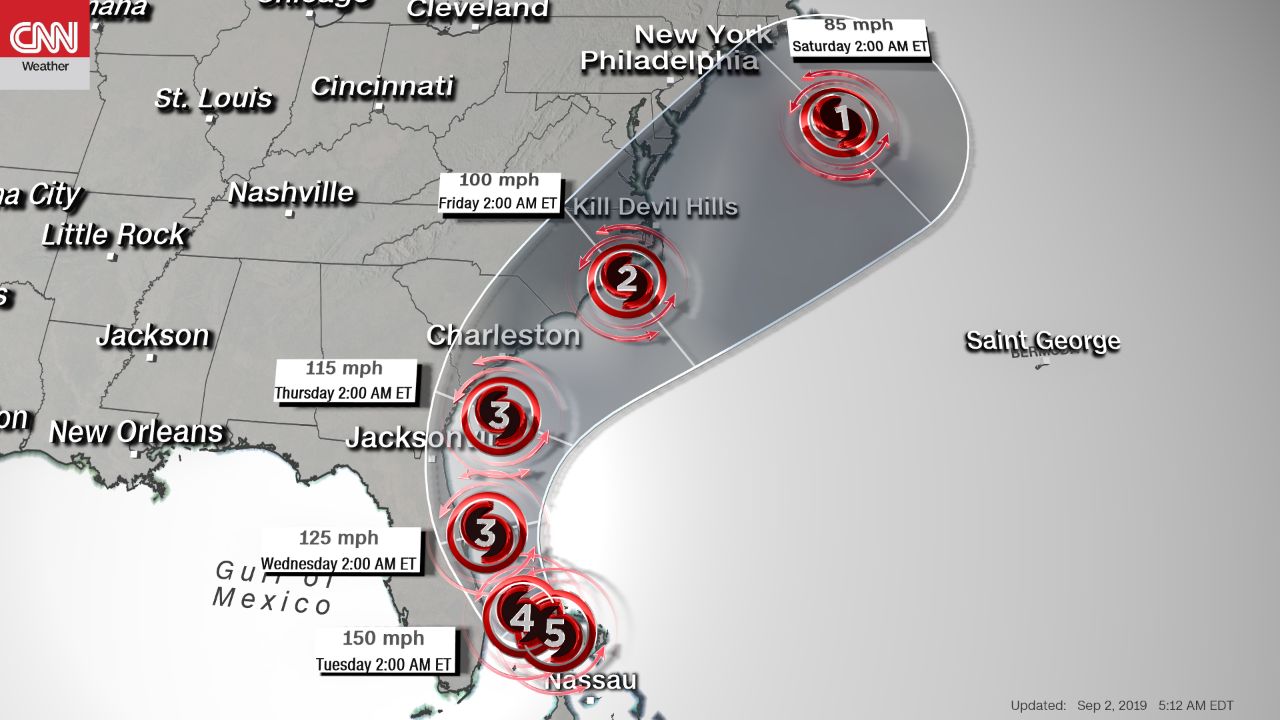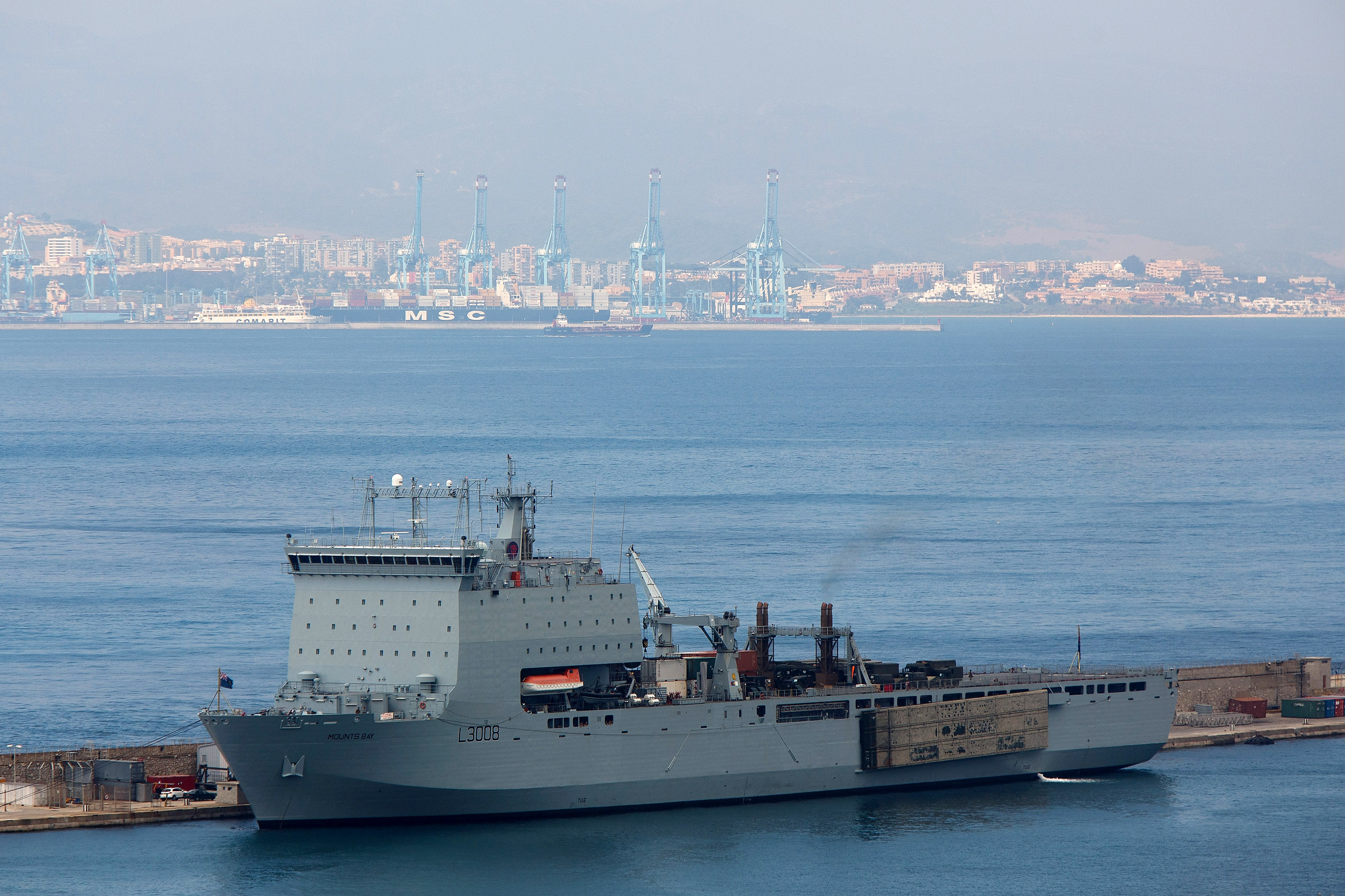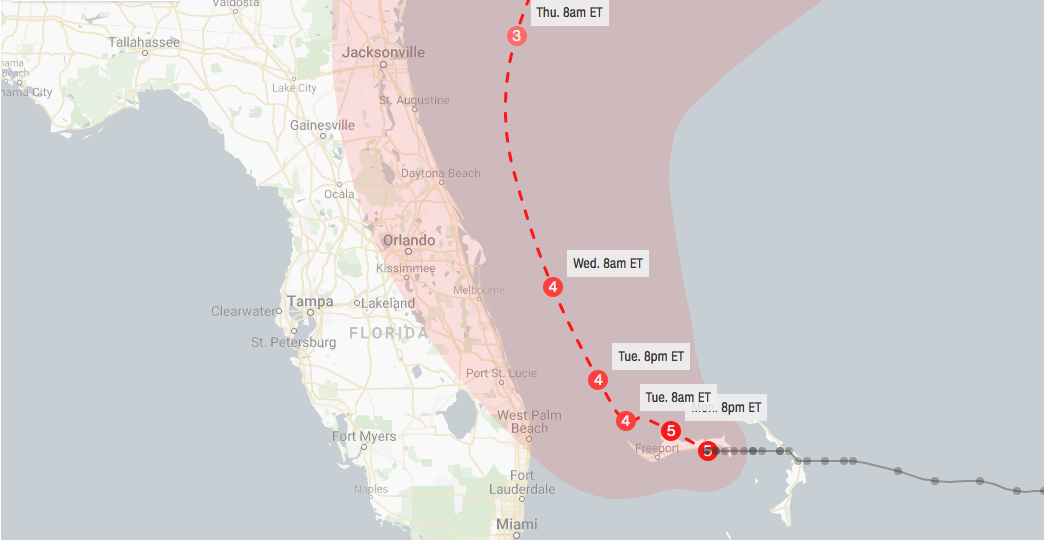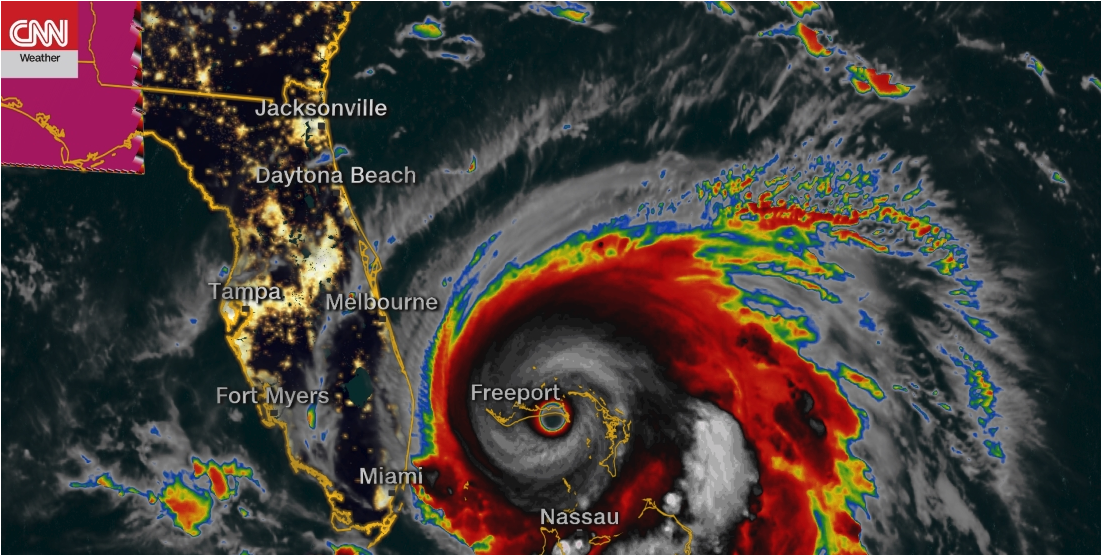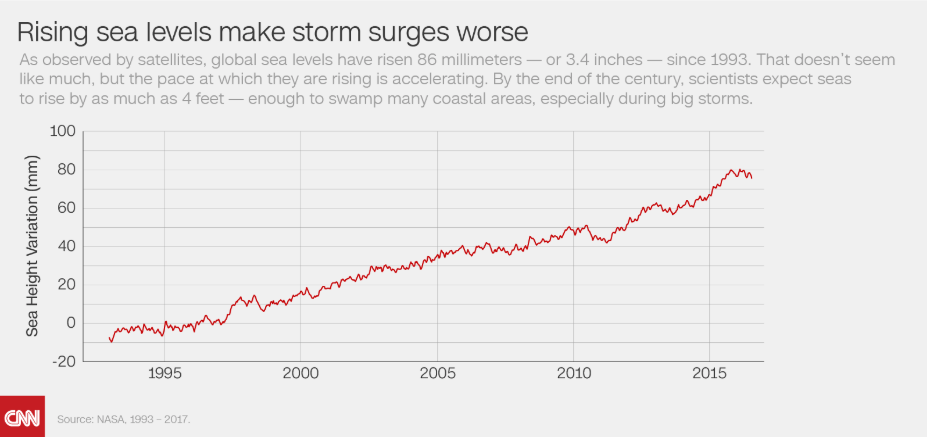Scenes of devastation in the Marsh Harbour area of the Abaco Islands has been shared on Twitter by eyewitness Vernal Cooper, who found shelter at a government building when the eye of the storm hit.
“There’s damages everywhere around my area,” Cooper said, who posted the video on Monday night. “Cars and houses destroyed. This is what’s left of Marsh Harbour. This needs to end.”
He says his home was also affected by the category 5 hurricane.
“The roof was blown off, with wind and rain battering inside the house. It was the single most scariest [sic] thing I’ve ever experienced in my life."
Cooper added that many people in Abaco are struggling to contact their relatives because power outages have cut communication lines. "So many family members are worried."


